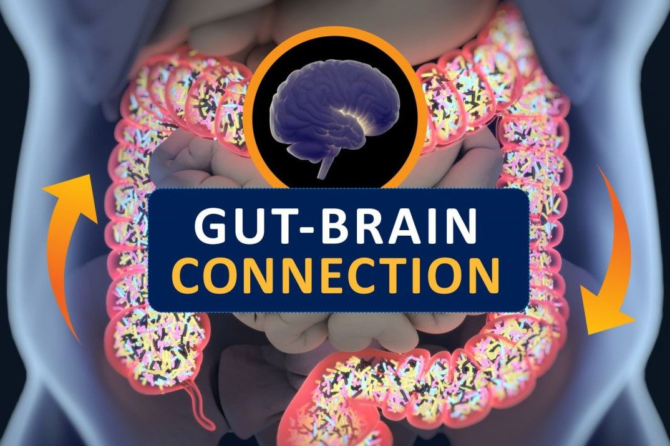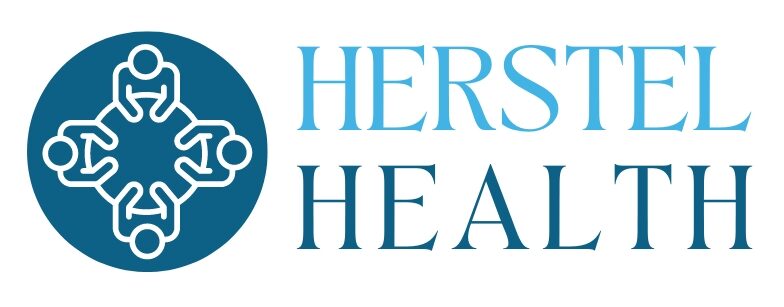
The connection between gut health and mental health continues to emerge as an area of research, transforming our understanding of how our bodies and minds are interconnected. Often referred to as the “gut-brain axis,” the relationship suggests that the gut microbiome—the diverse community of microorganisms living in our digestive tract—plays a critical role in influencing our mental well-being.
The Gut-Brain Axis
The gut-brain axis is a complex communication network that links the emotional and cognitive centers of the brain with peripheral intestinal functions. This bidirectional pathway involves multiple systems, including the nervous system, immune system, and endocrine system, which work together to maintain homeostasis. One of the primary components of this axis is the vagus nerve, which connects the brain to the gut, acting as a communication highway, transmitting signals between the gut and brain. Research indicates that signals from the gut can affect brain function and behavior, highlighting the importance of gut health in mental health.
Microbiome and Mental Health
The gut microbiome consists of trillions of bacteria, viruses, and fungi. These microorganisms are not merely passive inhabitants; they actively interact with the host’s body, influencing various physiological processes. The gut microbiome produces a range of neurotransmitters such as serotonin, dopamine, and gamma-aminobutyric acid (GABA), which are critical for mood regulation and mental health. About 90% of the body’s serotonin, a key neurotransmitter involved in mood regulation, is produced in the gut.
Emerging evidence suggests that an imbalance in gut bacteria, known as dysbiosis, may contribute to mental health disorders such as depression, anxiety, and even neurodevelopmental conditions like autism. For instance, studies have shown that individuals with depression often have different gut microbiota compositions compared to healthy individuals. These differences can affect the production of short-chain fatty acids (SCFAs), which have anti-inflammatory properties and are vital for maintaining gut barrier integrity and proper brain function.
Inflammation and Mental Health
Another link between gut and mental health is chronic inflammation. Dysbiosis can lead to increased intestinal permeability, often referred to as “leaky gut,” which allows harmful substances to enter the bloodstream. This can trigger systemic inflammation, which has been implicated in the development of psychiatric disorders. Inflammation can affect the brain through various pathways, including the vagus nerve and pro-inflammatory cytokines, potentially leading to symptoms of depression and anxiety.
Probiotics and Prebiotics: A Path to Better Mental Health
Interventions targeting the gut microbiome offer promising therapeutic potential. Probiotics (beneficial bacteria) and prebiotics (compounds that feed beneficial bacteria) are at the forefront of this research. Studies have shown that certain probiotic strains can alleviate symptoms of depression and anxiety by modulating the gut microbiota and reducing inflammation. A study published in the journal Psychiatry Research found that participants who consumed a probiotic supplement containing Lactobacillus and Bifidobacterium strains experienced significant reductions in depressive symptoms compared to those who took a placebo. Similarly, prebiotic fibers, such as those found in bananas, garlic, and onions, can promote the growth of beneficial bacteria and enhance gut health.
The intricate link between gut health and mental health underscores the importance of a holistic approach to well-being. By understanding and nurturing the gut-brain axis, we can potentially unlock new avenues for the prevention and treatment of mental health disorders by simply paying attention to our diet and the foods we consume daily. Maintaining a diet void of processed foods, sugar while incorporating fermented foods, and possibly probiotics and prebiotics, could be a valuable strategy for supporting both gut health and mental well-being. As research continues to evolve, the gut-brain connection remains a promising frontier in the quest for holistic health and happiness.
Everyday Is A New Day – Reap What You Sow
—
Struggling with Anxiety, Depression, or Weight Loss?
At Herstel Health, we consider the whole person. The mind and the body. Mental Health and Metabolic Health. Improving both together creates a harmonious state where you can thrive. The human being is an amazing organism with a tremendous capacity for self-healing whether regenerative growth from injury or fighting pathogenic invasion. Much of the illness and chronic disease we experience are rooted in metabolic disfunction and mental difficulties.

